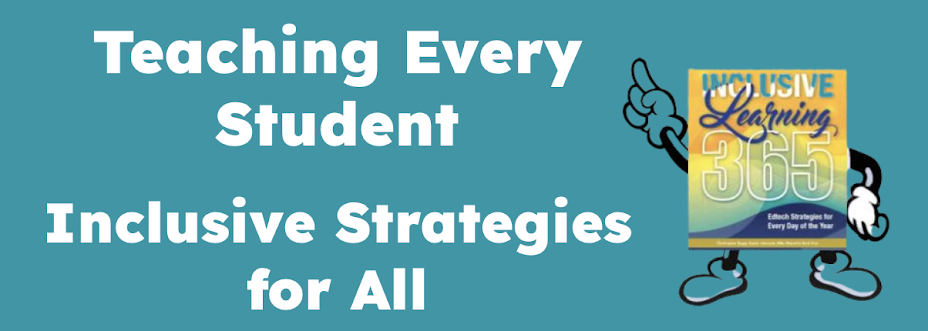To make less mysterious; clarifyThose of you who read this blog may know of my profound admiration and respect for the work of Mel Levine whose mission is to demystify learning style differences when he works with kids. The online June Newsletter of All Kinds of Minds was devoted to demystification and is a must read for anyone who works with struggling students. That means you...every classroom has at least one student who feels incompetent or who wonders why learning (seems to) come so much easier to their peers.
Here's an excerpt from the article "Demystification: Taking the Mystery out of Disappointing Mastery":
All too often, student with differences in learning harbor very negative fantasies regarding the reasons for their shortcomings in school. They commonly think of themselves as globally deficient or "dumb." compared to their classmates. Many believe they were born to lose, destined to endure failure throughout the course of their lives. Further, they are likely to believe they are out of control, that effort is unlikely to yield any academic payoff for them. Moreover, their lack of accurate insight into the nature of their difficulties makes it hard for these students to work on their dysfunctions while striving to strengthen their strengths. To fill this dangerous void, we must see to it that children and adolescents with disappointing school performance have the opportunity to benefit from a process of demystification.Please read this online issue to help you understand your students so that you can help them better understand their own learning styles. ("So, you mean I'm not stupid?") Demystification promotes success, competence and mastery.
(Isn't that a major part of our role as educators?) If you are interested in learning more, I highly recommend two of Levine's books - A Mind at a Time and The Myth of Laziness.
Thanks to my friend Beth Lloyd for this link mention in her blog, Thriving in School.

1 comment:
Thanks for another thought provoking post, Karen. This subject is incredibly important. In this context, we most often focus on the students with significant academic failure and disappointment. In recent years, I've had a growing concern for the "average" students who feel like inadequate failures simply because they don't excel at academic skills. I think that describes my own school experience, and this has had lasting consequences that I continue to struggle with.
On a much more positive note, Karen, I have something I'd like to share with you. I would have emailed if I'd had your address. (If you'd like me to have your address you can send it to me at paul dot freeresources at gmail dot com.)
Although I believe you work in an Apple environment, I used the new "Slidecast" process to put together a resource, designed for teachers with limited technical savvy, on WordTalk. I was most excited about sharing what I believe is the tremendous potential of slidecasting. You can check it out at http://www.slideshare.net/paulhami/word-talk
Post a Comment